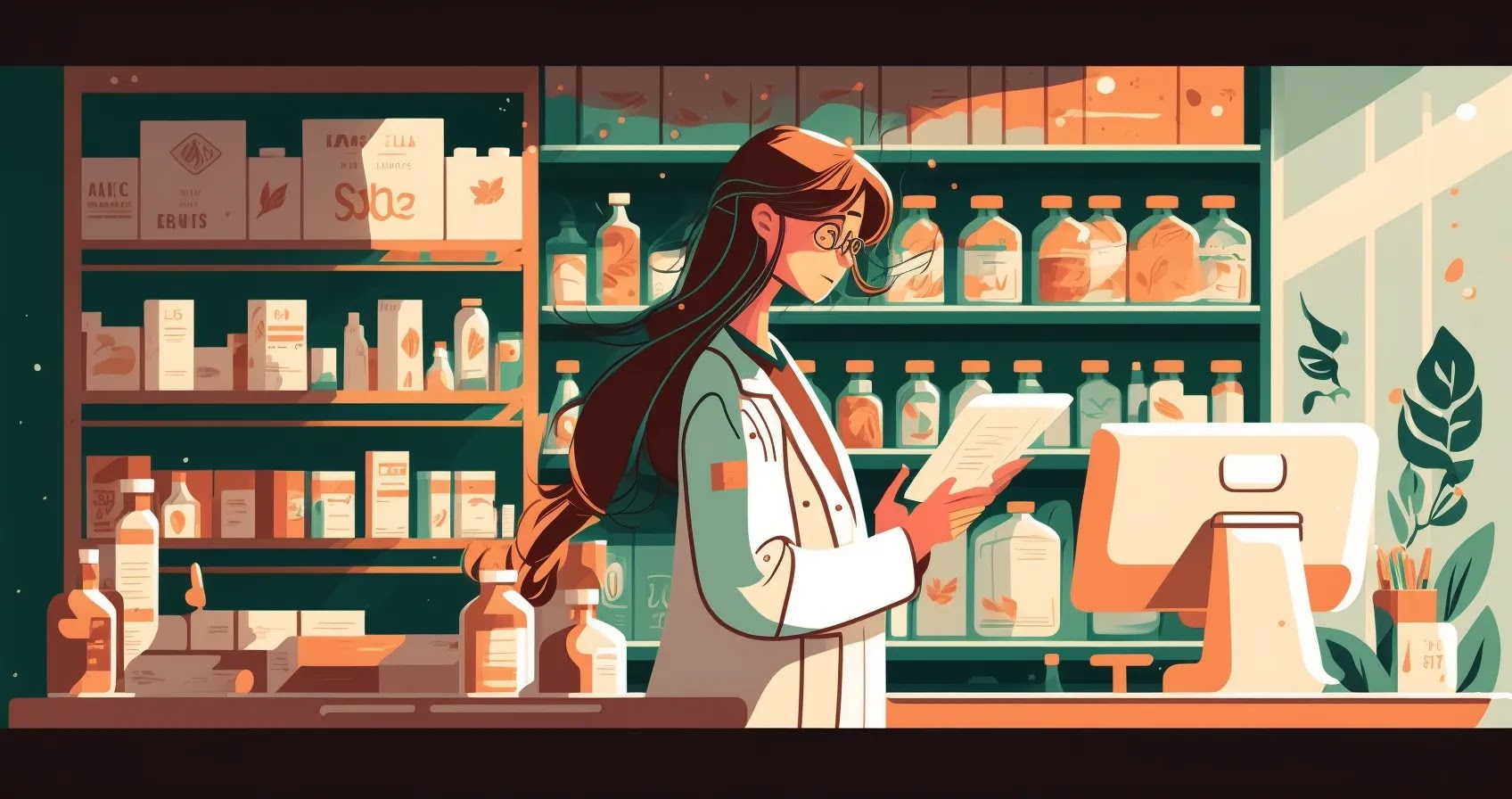Pharmacists are healthcare professionals who are trained in the science of medicines. Their primary job is to dispense prescription drugs and provide advice on the proper use of medication.
However, there is much more to being a pharmacist than just filling prescriptions.

Reasons why you need to become a Pharmacist
Pharmacy is a rewarding career that offers many benefits. Here are some reasons why you should consider becoming a pharmacist:
- Pharmacists are in high demand, with a projected job growth rate of 2% from 2021 to 2031.
- Pharmacy is a well-paying career, with a median annual salary of $128,570 in May 2021 in the United States.
- Pharmacists have the opportunity to make a positive impact on patients’ lives by ensuring they receive the right medication and dosage.
- Pharmacy is a dynamic field that is constantly evolving, offering opportunities for continued learning and professional growth.
How to become a Pharmacist
To become a pharmacist, you will need to follow these steps:
- Earn a Doctor of Pharmacy (Pharm.D.) degree from an accredited pharmacy program.
- Complete a certain number of hours of practical experience under the supervision of a licensed pharmacist.
- Pass the North American Pharmacist Licensure Examination (NAPLEX) and the Multistate Pharmacy Jurisprudence Examination (MPJE).
- Obtain a license to practice pharmacy in the state where you wish to work.
Skills for Pharmacists
In addition to education and training, pharmacists need to possess several key skills, including:
- Strong communication skills to effectively communicate with patients, physicians, and other healthcare professionals.
- An eye for detail to ensure the right medication and dosage are dispensed.
- An ability to work well under pressure in a fast-paced environment.
- An aptitude for science and math to understand the complexities of medications and dosages.
- An ability to empathize with patients and provide them with the care and support they need.
Career development for Pharmacists
Pharmacists can advance their careers in several ways, including:
- Pursuing a specialization, such as oncology or critical care pharmacy.
- Becoming a pharmacy manager or owner.
- Teaching at a pharmacy school or becoming a preceptor for pharmacy students.
- Working in a research and development role for a pharmaceutical company.
Requirements of Pharmacists
To practice as a pharmacist, you will need to meet the following requirements:
- Hold a Doctor of Pharmacy (Pharm.D.) degree from an accredited pharmacy program.
- Pass the North American Pharmacist Licensure Examination (NAPLEX) and the Multistate Pharmacy Jurisprudence Examination (MPJE).
- Obtain a license to practice pharmacy in the state where you wish to work.
- Complete continuing education requirements to maintain your licensure.
Interview preparation for Pharmacists
To prepare for a job interview as a pharmacist, you should:
- Research the company and the position to understand their values and what they are looking for in a candidate.
- Prepare answers to common interview questions, such as why you want to be a pharmacist and what your strengths and weaknesses are.
- Practice your communication skills to ensure you can effectively communicate with the interviewer and answer questions clearly and concisely.
- Be prepared to discuss your education, training, and relevant work experience.
Work-life balance for Pharmacists
Pharmacists typically work full-time, but many work flexible schedules that allow for a good work-life balance. Additionally, pharmacists can work in a variety of healthcare settings, including hospitals, retail pharmacies, and clinics, allowing for a diverse range of work environments.
A day in the life of a Pharmacist
Here is a sample of what a typical day in the life of a pharmacist might look like:
| Time | Activity |
|---|---|
| 8:00 am | Arrive at the pharmacy and prepare for the day |
| 9:00 am | Fill prescriptions and provide patient counseling |
| 12:00 pm | Lunch break |
| 1:00 pm | Attend a meeting with other healthcare professionals to discuss patient care |
| 3:00 pm | Complete administrative tasks, such as ordering medication and updating patient records |
| 5:00 pm | Close the pharmacy for the day |
FAQs
What is the job outlook for pharmacists?
What is the average salary for a pharmacist?
The median annual salary for a pharmacist in the United States is $128,570 in May 2021.
What skills do pharmacists need?
Pharmacists need strong communication skills, an eye for detail, an ability to work well under pressure, an aptitude for science and math, and an ability to empathize with patients.
Wrapping up
Becoming a pharmacist requires extensive education and training, but it is a rewarding career that offers many benefits. If you are interested in healthcare, have an aptitude for science and math, and enjoy helping others, then pharmacy may be the right career for you.










